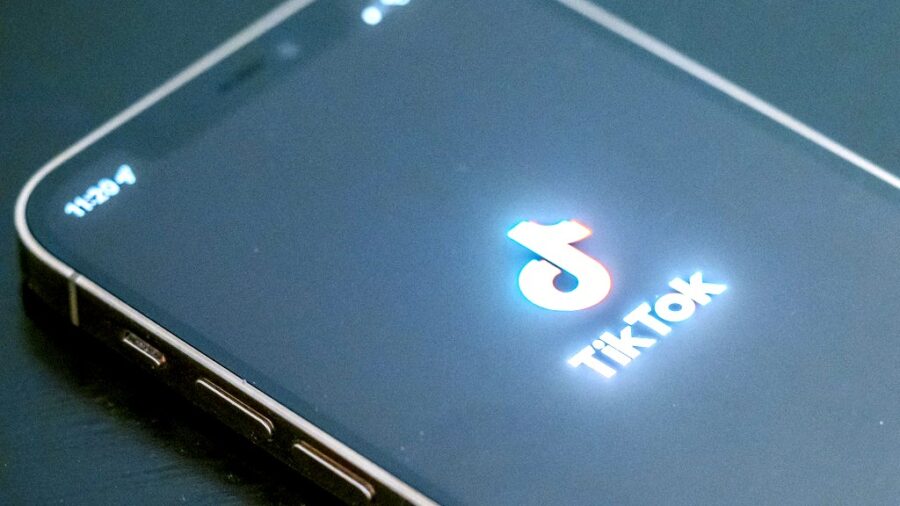Instagram Co-Founders Are Back To Compete With TikTok
Instagram's co-founders are readying to launch Artifact, an app that is the opposite of TikTok.

Launching a new social media app in 2023 is a risky proposition considering how users are ingrained in their chosen apps. The fall out from Elon Musk acquiring Twitter has opened the door for Mastodon, Hive, and countless other smaller competitors to take a bite from the apple. Reporting from The Verge shows a new app, Artifact, that is slowly opening up to the public in a bid to be the next TikTok, though Twitter is caught in the crossfire.
Artifact was designed by Kevin Systrom and Mike Krieger, the founders of Instagram, built off of a base of machine learning to tailor each user’s feed. Unlike TikTok, Artifact is text-based and focused on providing articles to users instead of video. The name of the app was derived from its focus – articles, facts, and artificial intelligence.
Using the Artifact app on the phone shows how it functions very similarly to TikTok. Instead of short videos, users can tap and select interesting articles from large publishers like The Wall Street Journal, The New York Times, and even smaller blogs. Over time the app will learn what each user likes and doesn’t like, customizing the articles that populate the personalized feed. Focusing on text when “pivot to video” is common corporate jargon is risky, but the team behind the app thinks it’s the best way to go.
Artifact’s algorithmic learning builds off of TikTok’s calculations, where as Facebook is based off of your friends and Twitter works from accounts that you follow. Systrom specifically wanted to build off of this process, saying “And what was funny to me is as I looked around, I was like, ‘Man, why isn’t this happening everywhere in social? Why is Twitter still primarily follow-based? Why is Facebook?”

Artifact isn’t the first app to make an attempt at personalized news feeds, though it is the largest to launch since the rise of TikTok. Zite was one of the most successful news-reading apps, purchased by CNN in 2011 for $20 million, but it was then quietly tossed aside just three years later. Pulse, Paper, Newsstand, and Livestand all came and went a decade ago.
The technological leap in artificial intelligence that came about a few years ago, leading to the current rise of ChatGPT, is the secret ingredient powering Artifact. TikTok’s algorithm doesn’t utilize artificial intelligence learning the same way and is dependent on its propriety formula. What that means is given a few years, Artifact can produce a better feed of text-based articles than Tiktok’s videos.
Ultimately, the largest problem facing Artifact is how difficult it is to customize a newsfeed. People have diverse interests regarding the news and it doesn’t naturally lend itself to easily siloed communities like #Booktok, #gymtok, or #giantfreakingrobot. Tiktok will still have the edge over the rapid-fire dopamine hit of seconds long videos though there’s hope for a market centered on longer articles covering diverse topics.
Users can sign up now to get early-access to Artifact before its open to the public. Large news organizations, including Fox News and CNN, are already supporting the app with access to their content. TikTok on the other hand, continues to face regulatory threats from the United States Government while Twitter is dealing with inadvertently shadow banning some of their biggest users.











